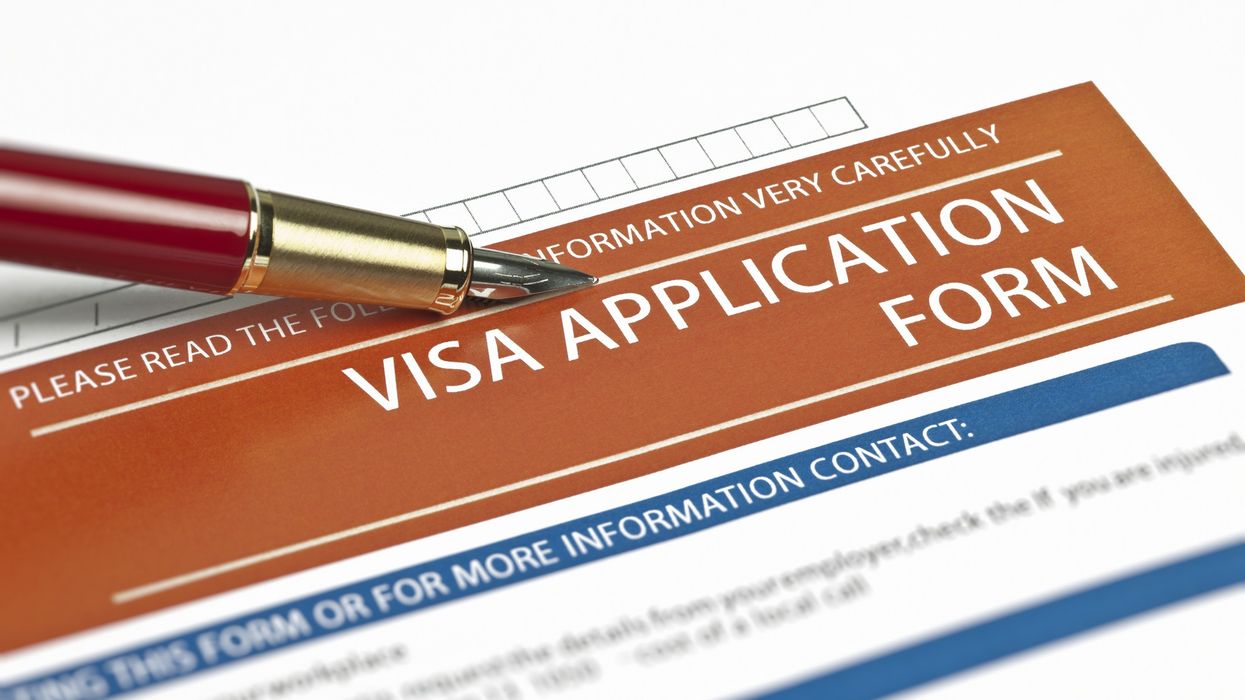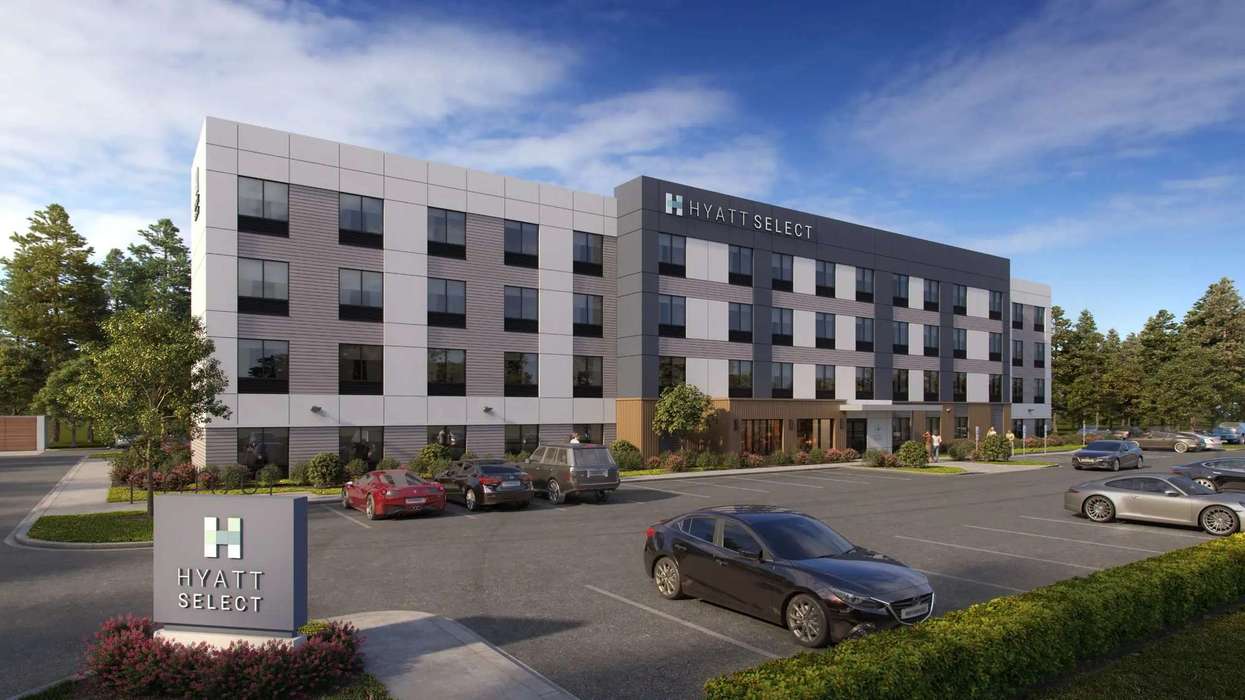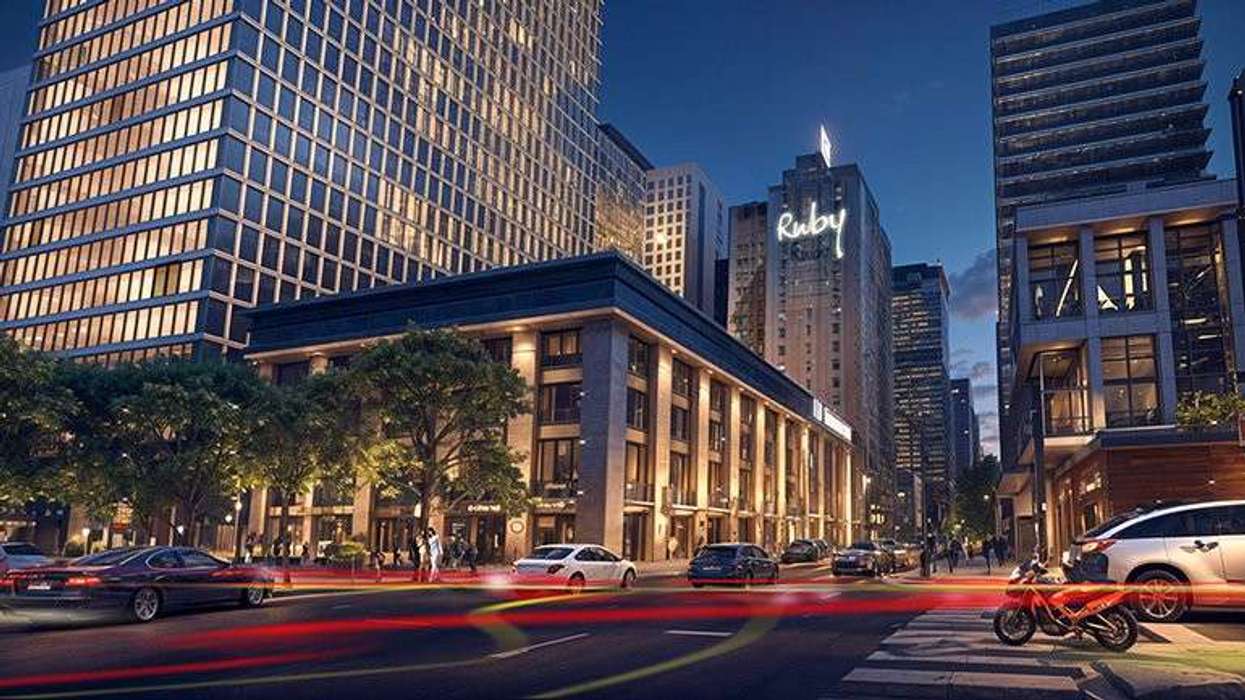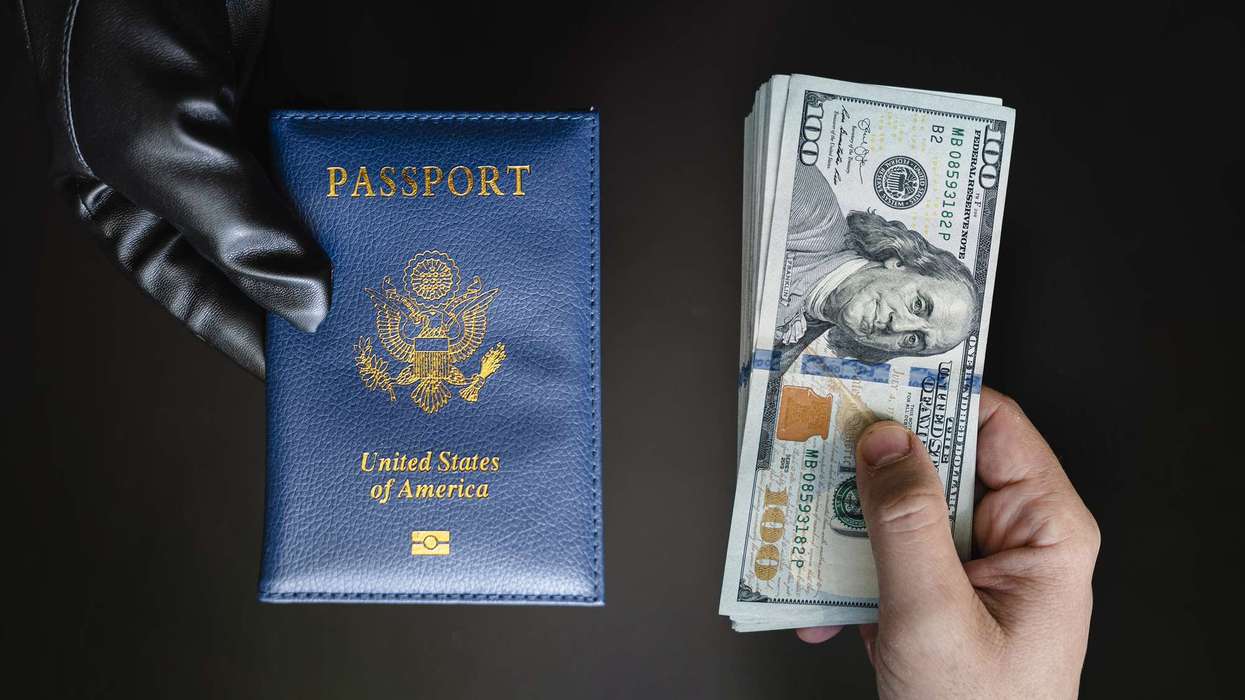THE FEDERAL GOVERNMENT may have expanded an immigrant visa program that can bring more workers to the U.S. to ease the labor shortage but processing those visas may still be delayed due to a pandemic-related backlog. A group of lawmakers recently wrote a letter to the Department of State urging the agency to bring that processing back to pre-COVID levels.
The letter, sent by Reps. Darren Soto, a Florida Democrat, and Peter Meijer, a Michigan Republican, along with 86 other Congress members says visa processing has been slowed by procedures put in place at the beginning of the pandemic but which are no longer needed because testing and vaccines are so readily available.
“[Pandemic restrictions] disrupt the reopening of American businesses. According to the U.S. Travel Association, international visitor spending in the U.S. dropped by 76 percent in 2020, leading to the loss of $141 billion and 1.1 million American jobs,” the letter said. “As international and domestic travel begin to recover, many travel businesses rely on H-2B and J1 visas to meet short-term and seasonal workforce demands that cannot otherwise be filled. With such a significant portion of U.S. visa processing sites fully or partially closed, travel businesses will not have the international visitors or the temporary workers they need to generate a speedy and robust recovery from the COVID-19 pandemic.”
The effect on businesses motivated Soto and Meijer to write the letter.
“Businesses across Michigan continue to experience workforce shortages, and our needlessly lowered visa processing operations are exacerbating this problem,” Meijer said. “I am glad to join this effort urging the State Department to expedite processing for H-2B and J1 visas by clearing the appointment backlog and lowering visa wait times. Our country’s already struggling economy depends on international visitors and temporary workers, and I hope to see this issue resolved in a timely manner.”
USTA also supported the letter’s message.
“Swift and efficient visa processing is critical to restoring the United States as a top destination for global travelers,” said Tori Barnes, USTA’s executive vice president of public affairs and policy, said in a statement. “With 60 percent of U.S. embassies and consulates partially or completely closed for visa processing—and average appointment wait times climbing to more than a year in some locations—a commitment to restoring visa operations and reducing the appointment backlog is necessary to ensure the U.S. inbound travel market will recover more quickly to pre-pandemic levels. We applaud the letters’ co-signers for their leadership on this issue and respectfully urge the State Department to fully resume visa processing operations worldwide, which will help sustain an even recovery across all sectors of travel.”
Last week, the Department of Homeland Security and the Department of Labor authorized an additional 20,000 H-2B temporary nonagricultural worker visas for fiscal year 2022. The new visas, which permit employers to temporarily hire noncitizens to perform certain labor in the U.S., are part of the first supplemental cap the DHS and DOL have allowed for the H-2B visa program in the first half of a fiscal year, according to a press release. The visas will be set aside for U.S. employers seeking to employ additional workers on or before March 31.
USTA and the American Hotel & Lodging Association previously endorsed the authorization of the new visas. AAHOA also has expressed its support.
“America’s hotel owners applaud the Biden Administration for making these additional visas available – something that will help alleviate labor shortages that the hospitality industry has been facing for months throughout the COVID-19 pandemic,” said Ken Greene, AAHOA president and CEO. “AAHOA and other associations have been putting pressure on our government officials to take actions, such as this, to help businesses meet their workforce needs. The Department of Homeland Security says Biden will make an additional 20,000 H-2B seasonal guest-worker visas available to employers ahead of the winter hiring season. This is a step in the right direction for America’s hoteliers, as our industry, and many industries, are facing one of the tightest labor markets in decades.”






